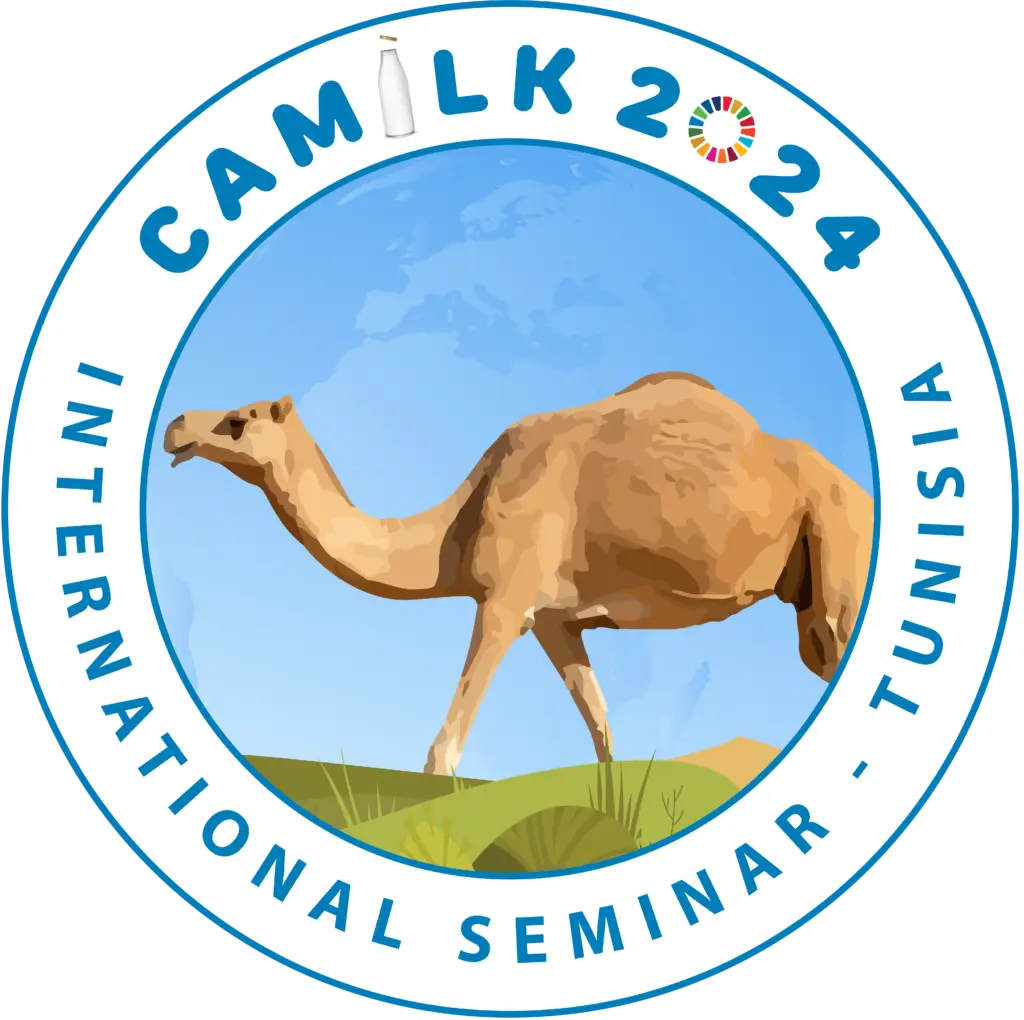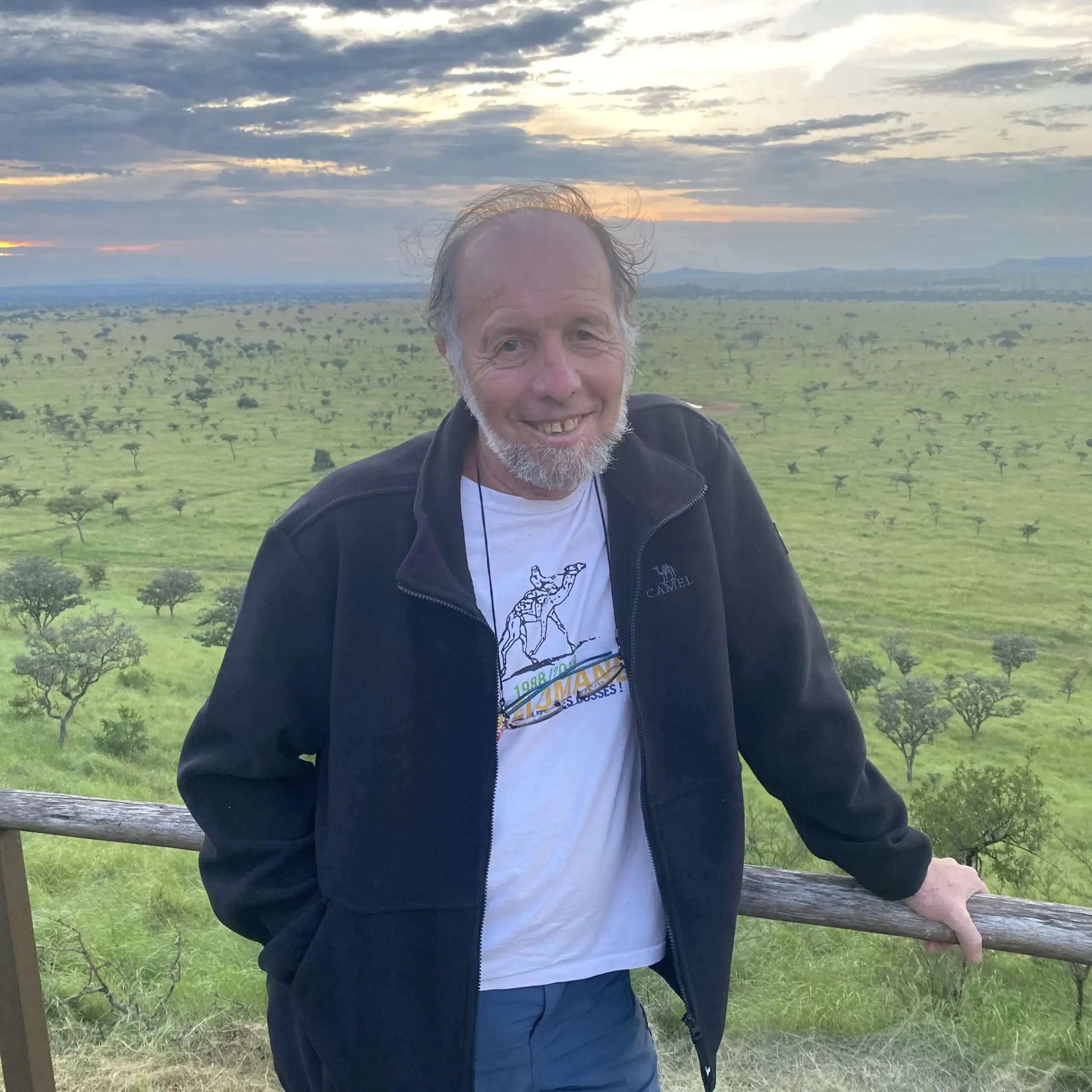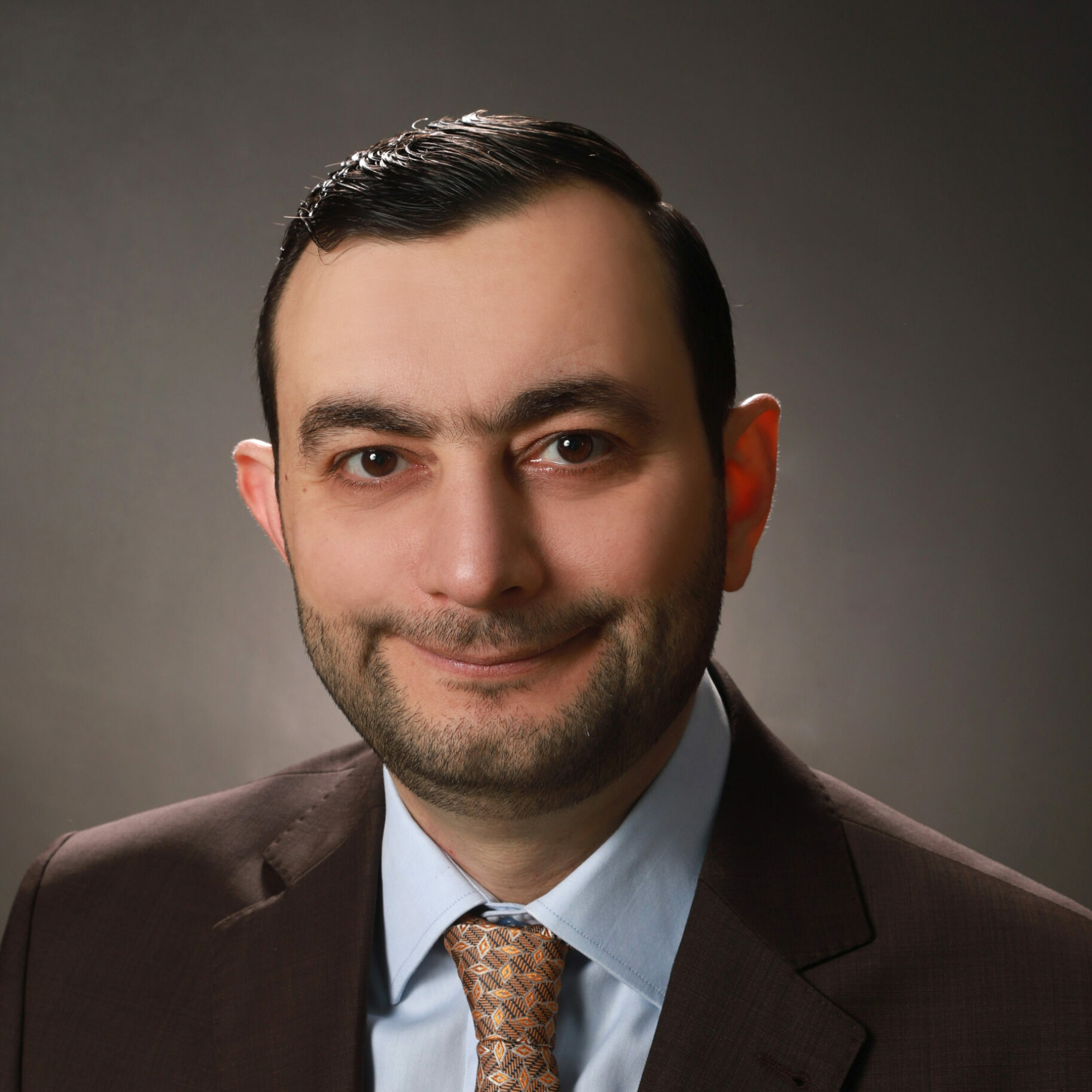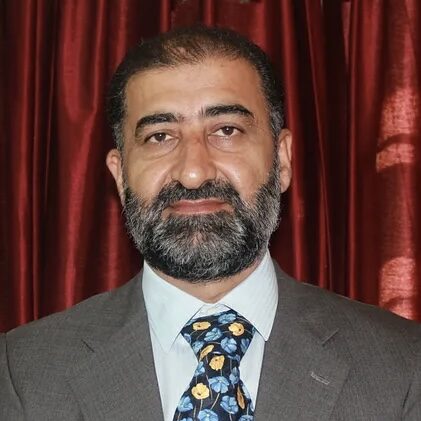Institut des Régions Arides (IRA). 4119 Médenine. Tunisia | +216 75 633 843 | +216 75 633 845
International Seminar
Fostering camel milk value chain: Challenges and future perspectives facing global changes
CAMILK 2024
October 02-04, 2024 | Djerba, Tunisia

Our Speakers

Bernard FAYE
PhD Paris University

Omar ALHAJ
PhD Petra University, Jordan

Touhami KHORCHANI
IRA Tunisia

Abdul Raziq KAKAR
Alain Dairy, UAE
Our Partners




Gallery
Registration is still Open!
Join Camilk 2024: Register Today!